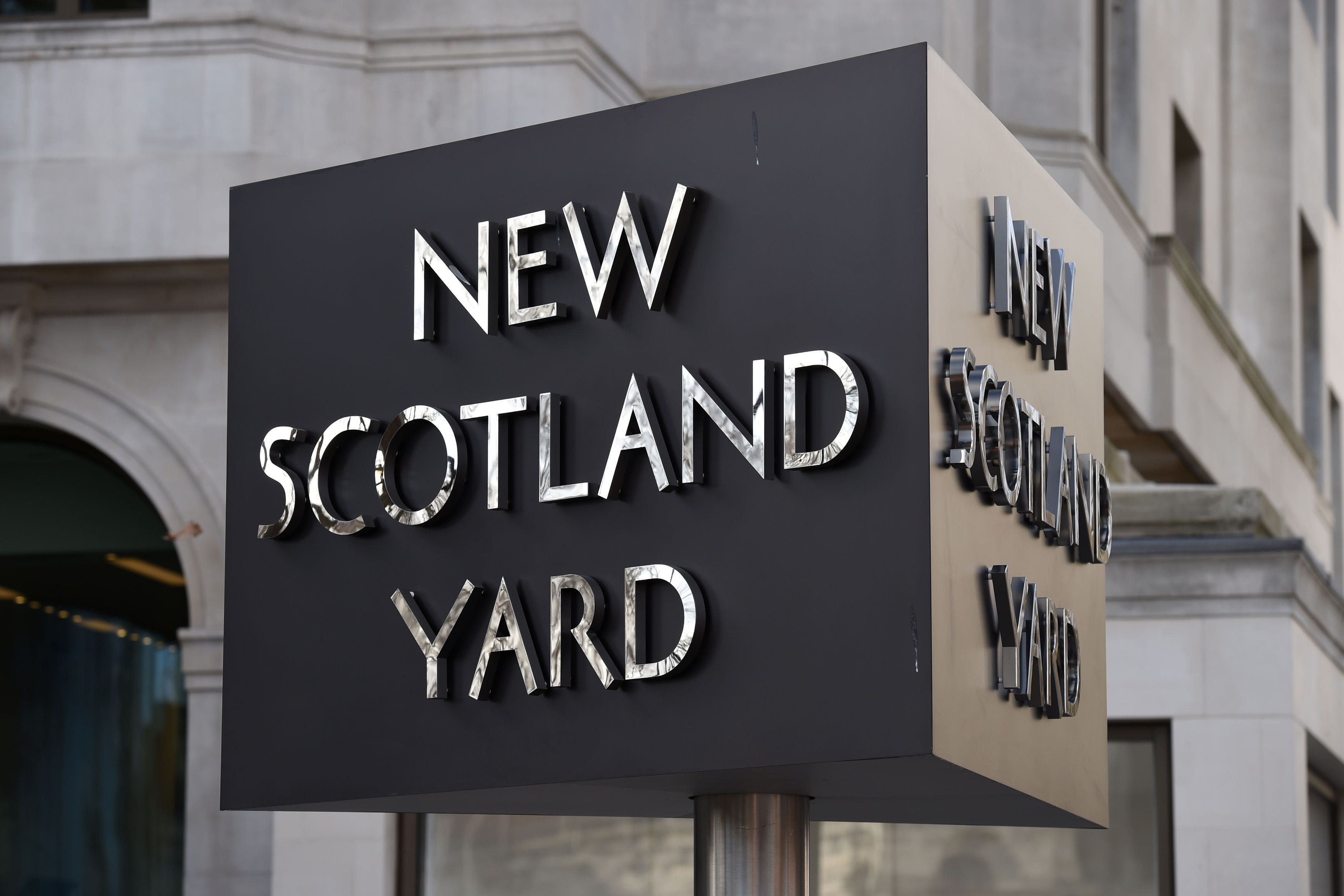‘Serious concerns’ over Met’s response to child sexual exploitation – watchdog
His Majesty’s Inspectorate of Constabulary and Fire & Rescue Services warned the force was not doing enough to protect victims.

The Metropolitan Police Service is failing to effectively tackle child sexual exploitation, leaving vulnerable youngsters at risk, a watchdog has warned.
His Majesty’s Inspectorate of Constabulary and Fire & Rescue Services (HMICFRS) raised serious concerns about the force’s performance, saying it lacked understanding of the “nature and scale of child exploitation” which was a “significant barrier” to being able to address the problem.
Of 244 investigations examined, more than half were graded as inadequate.
The Met apologised to the children and families it had let down after the report and stressed it was taking “urgent” and “significant steps” so “no child is left unsafe”.
It is particularly concerning that the Metropolitan Police Service isn’t doing enough when children are suffering from, or at risk of, exploitation
In findings published on Friday, the watchdog found the force’s response to the criminal and sexual exploitation of children was “not currently effective” and not enough was being done to protect victims.
While HMICFRS inspectors found some evidence of good work, inspectors outlined a string of “serious concerns”, including:
– A “frequently poor” response when children go missing regularly, with officers and staff “simply waiting for them to turn up”;
– Officers and staff using “victim-blaming language”;
– Delays in launching and progressing investigations, with many “missed opportunities” to identify suspects and disrupt their activity, leaving children exposed to risk;
– Failure to identify exploitation or understand the links between missing children and exploitation;
– A lack of skills and knowledge among officers and staff, as well as experience among their superiors, in order to properly investigate.
Making 11 recommendations for improvement, the watchdog said the Met must start to follow all reasonable lines of inquiry to identify suspects in child exploitation cases as well as step up efforts with other public bodies to stop children from going missing and find them quicker.
Better training is needed and officers and staff of all ranks should be told to challenge victim-blaming language, HMICFRS said.
According to the watchdog’s report, the “negative” evidence in the inspection “far outweighed the positive”.
One senior leader told inspectors there was a “cultural issue here about how we see children”, while another said missing children were “seen as a problem”, the report said.
Some officers and staff were found describing children as “making poor choices” or putting themselves a risk, which “fails to recognise an imbalance of power with the person exploiting them or coercion that may be used to keep them away from home”.
Among 184 investigations examined, inspectors found 22 contained victim-blaming language which the watchdog estimated amounted to “12 in every 100 children being in some way blamed for the abuse they suffered”.
I’m deeply sorry to the children and families we have let down
They found examples including a 14-year-old girl being described as “seeking out sex with older men”, a 15-year-old girl being referred to as “engaged in sex work”, and a 12-year-old girl who had been raped branded as “sexually active with older men”.
“Worryingly, we didn’t see any evidence that supervisors or managers challenged this language. In fact, in one of our interviews with a detective inspector, they spoke of children being promiscuous,” the report added.
Language in some crime reports also indicated officers were encouraging children “not to pursue a complaint instead of offering support and reassurance”, and in some cases there was no evidence that an officer had even spoken to the child in person.
Inspector of Constabulary Lee Freeman said: “It is particularly concerning that the Metropolitan Police Service isn’t doing enough when children are suffering from, or at risk of, exploitation.
“The Met has already committed to increasing the number of officers in some teams dealing with child exploitation. For the benefit of London’s children, the force should implement our recommendations in full and without delay.”
Children’s charity the NSPCC said the report “paints a very concerning picture of the Metropolitan Police’s response to child sexual exploitation” and called on the force to bring in the “urgent and systemic changes” highlighted, adding that there also needed to be “national leadership to move the dial on how society responds to child sexual abuse”.
Commander Kevin Southworth, who lead’s the Met’s work on public protection, said: “I’m deeply sorry to the children and families we have let down and want to reassure our communities that we are already taking significant steps to address these recommendations.”
The force said it had almost doubled the number of missing children it was grading as “high risk”, which puts them to the top of the priority list and makes sure senior officers are involved from the start of an investigation.
Between August and September last year, 202 missing children were graded as high risk. This rose to 398 between December and January, according to the Met.
Bookmark popover
Removed from bookmarks